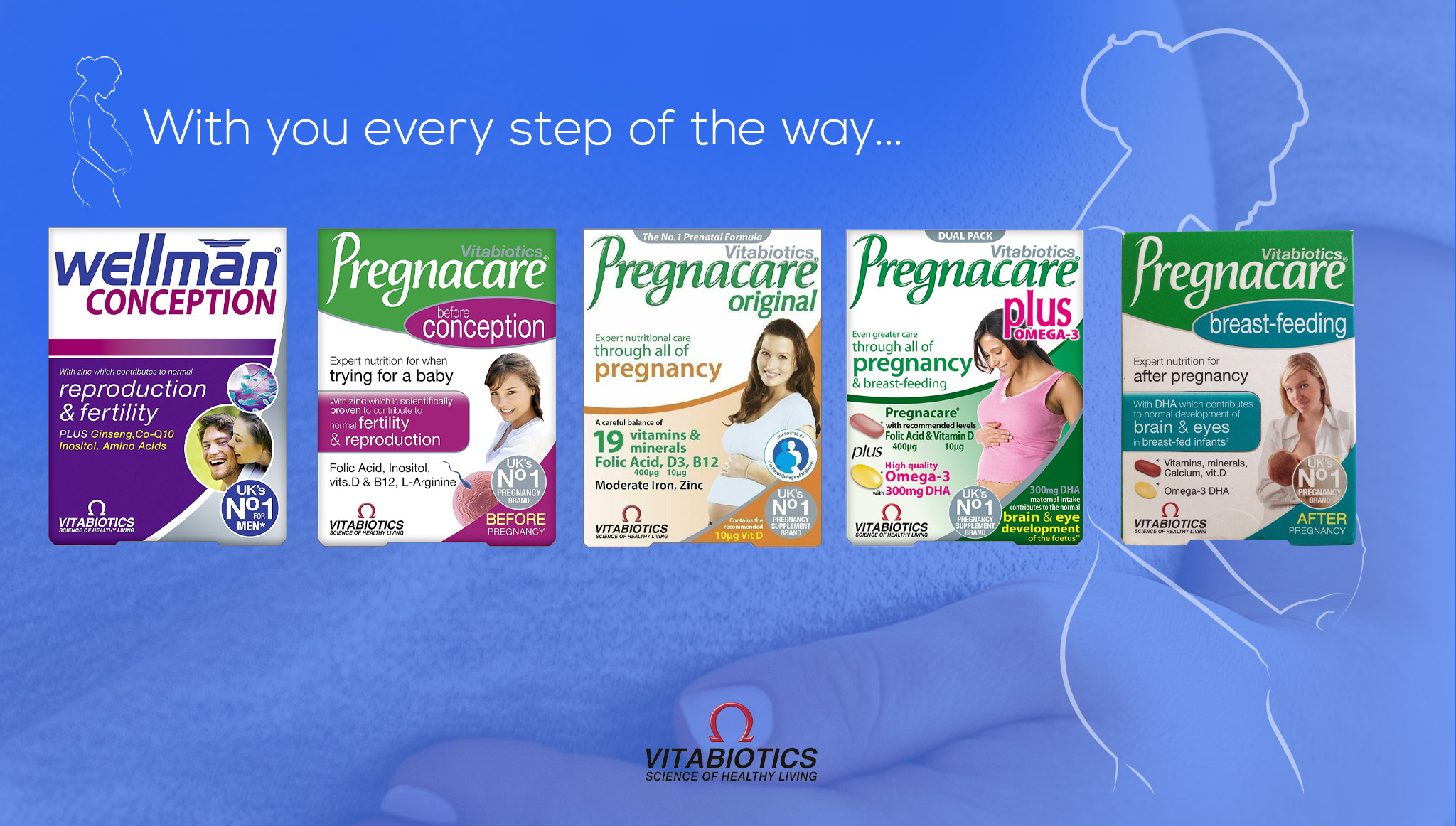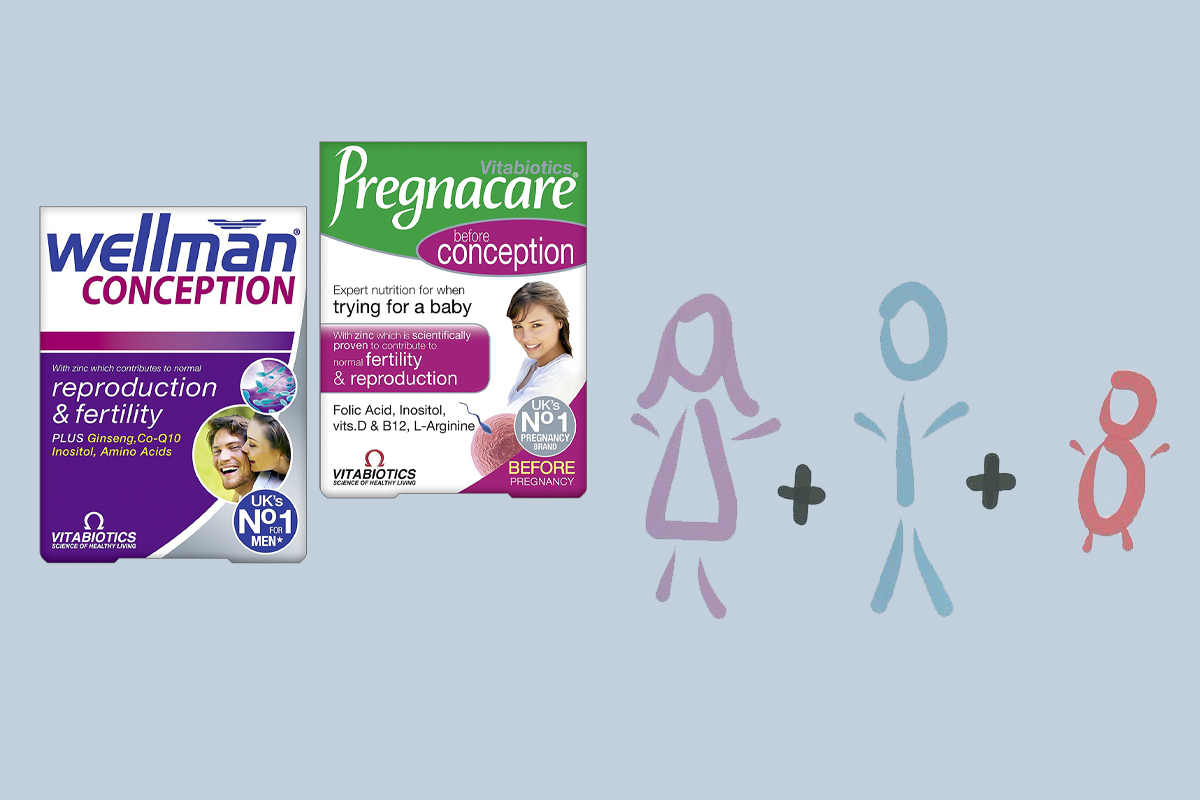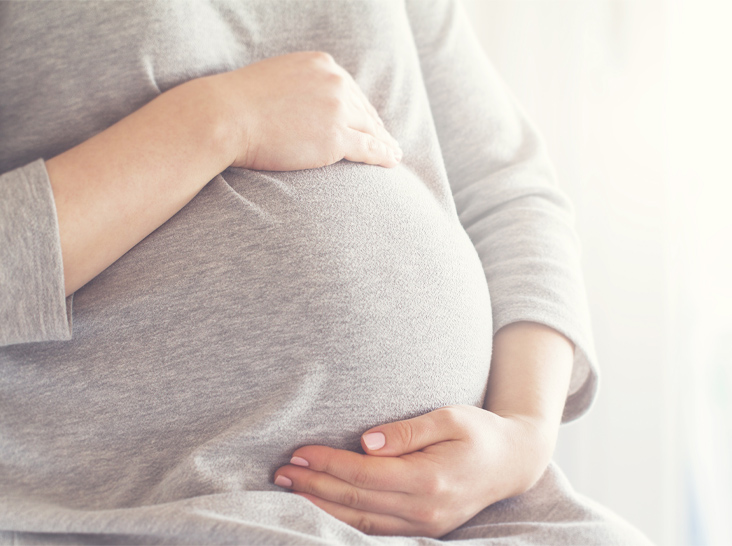Healthy eating during pregnancy is no different from healthy eating at any other time – it is just particularly important to ensure that you are eating enough of the essential nutrients, such as protein, carbohydrates, vitamins, and minerals, for both you and your baby.
A balanced diet includes a wide range of foods from five different food groups:
Starchy carbohydrates (bread, cereals, rice, etc.)
Fruit and vegetables;
Dairy foods (milk, cheese, yoghurts, etc.)
Protein (meat, poultry, fish, beans, nuts, soya, etc.)
Foods containing fat and sugar

EATWELL GUIDE Eat less often and in small amounts Choose unsaturated oils and use in small amounts
Dos and Don’ts of Eating during Pregnancy
Do’s
In addition to eating a wide variety of foods, there are certain precautions you should take to safeguard your baby’s wellbeing. Your immune system tends to be slightly less effective during pregnancy, leaving you more vulnerable to tummy bugs and upsets so extra care is needed.
• Cook all meat and poultry thoroughly so that there is no trace of pink or blood, and wash all surfaces and utensils after preparing raw meat. Store raw meats at the bottom of the fridge and use a separate chopping board.
• Wash fruit, vegetables, and salads thoroughly, even pre-packaged types should be washed.
• Make sure eggs are well cooked until the whites and yolks are solid, and avoid foods containing raw and undercooked eggs like fresh mayonnaise, uncooked cheesecake, and mousse.
• Only drink pasteurized or UHT milk or if only raw or unpasteurized milk is available, boil it first. Do not drink unpasteurized goat or sheep’s milk or eat their milk products.
• Reheat ready-to-eat poultry, cooked chilled meals thoroughly, and ensure they are piping hot before you eat.
• Make sure that raw foods are stored separately from ready-to-eat foods to reduce the risk of food poisoning.
• Wash your hands thoroughly before and after handling any food, after going to the toilet and before eating. • Limit caffeine to no more than 200mg a day.
• Don’t forget that cola, hot chocolate, chocolate bars, and energy drinks also contain caffeine
Don’ts
Some foods pose a particular risk during pregnancy, either because of the way they are produced, or high levels of certain nutrients or substances they contain. The foods below are best avoided during pregnancy.
• Do not eat liver or liver products such as liver pâté or liver sausage, as they may contain large amounts of vitamin A, which could harm your baby. Avoid supplements containing vitamin A (Vitamin A Toxicity) – check the label. Beta-carotene is safe.
• Do not eat shark, marlin, swordfish, and limit tuna intake to no more than two servings of fresh, or four small cans a week, because the mercury levels in these fish are high and can damage your baby’s developing nervous system. This also applies before conception and during breast-feeding. High levels of mercury
• Do not have more than two portions of oily fish a week, such as salmon, mackerel, sardines, and trout to avoid High levels of contaminants do however include one portion every week for important Omega-3. Do not eat raw shellfish, as it may contain harmful bacteria and viruses that cause food poisoning. However, shellfish that is part of a hot, which should be well cooked to avoid Food poisoning
• Avoid alcohol. The Department of Health’s advice is to avoid alcohol if pregnant or trying to conceive. However, if you do choose to drink, do not drink more than 1-2 units of alcohol once or twice a week and do not get drunk. Alcohol affects a baby’s growth and development
• Do not smoke. If you smoke, it is important to give up as soon as possible as this can be very harmful to your baby. This includes partners too, as passive smoking can be just as dangerous to your unborn baby. Speak to your Doctor or Midwife for help and support in smoking cessation for both parents. Poor growth and low birth weight.

Ten basics of Healthy Eating during Pregnancy
• Base every meal on starchy foods like bread, potatoes, rice, pasta, chapatis, yams, and cereals. These provide energy for you and for your baby to grow. They can also be a good source of fiber, help you feel full, and combat fatigue.
• Eat lots of fruit and vegetables.
• Aim for a wide variety and at least five servings every day. Fresh, frozen, canned, and dried all count.
• Choose foods rich in protein such as lean meat, chicken, fish, eggs, soya, beans, and nuts. These foods are also great sources of iron. Eat more fibre rich foods such as wholegrain bread and pasta, brown rice, whole grain or high fibre breakfast cereals, pulses, fruit, and vegetables to help prevent constipation and piles.
• Eat plenty of dairy foods such as milk, cheese, and yoghurts. Dairy foods are a major source of calcium, important for your and your baby’s teeth and bones. Choose low-fat varieties when you can.
• Make snacks nutritious. Snacking is common during pregnancy. However, too many indulgent snacks can result in excessive weight gain. Healthier snack choices include low-fat yoghurts, crispbread or vegetable sticks, nuts, hummus, small amounts of dark chocolate, low sugar breakfast cereals, milky drinks, limited fruit smoothies and fruit.
• Aim for two portions of fish each week, one of which should be oily. Oily fish includes salmon, trout, sardines and pilchards, which are important for supplying the baby with long-chain fatty acids (AA, EPA, and DHA). DHA contributes to the normal development of the eyes and brain of the foetus.2 If you never eat oily fish speak to your midwife about taking a pregnancy supplement that contains Omega-3, such as Vitabiotics Pregnacare® Plus.
• Get active and try to maintain a healthy weight. The average pregnancy weight gain is 10-12kgs if your pre-pregnancy weight is in the normal range. Gaining too much weight can affect your health and blood pressure. Equally, it is important to avoid dieting when pregnant as this can limit your baby’s access to nutrition. Being active not only helps to moderate weight gain but also prepares the body for birth.
• Drink plenty of water and other fluids. Pregnant women dehydrate more quickly than normal so drinking plenty of water and other fluids are important, especially when exercising or if the weather is hot.
• Do not skip breakfast. Breakfast provides a vital boost to energy and nutrient levels, so make sure you get every day off to a great start for you and your baby.
Source: Harley’s Digital Marketing &
Idah Muthama

